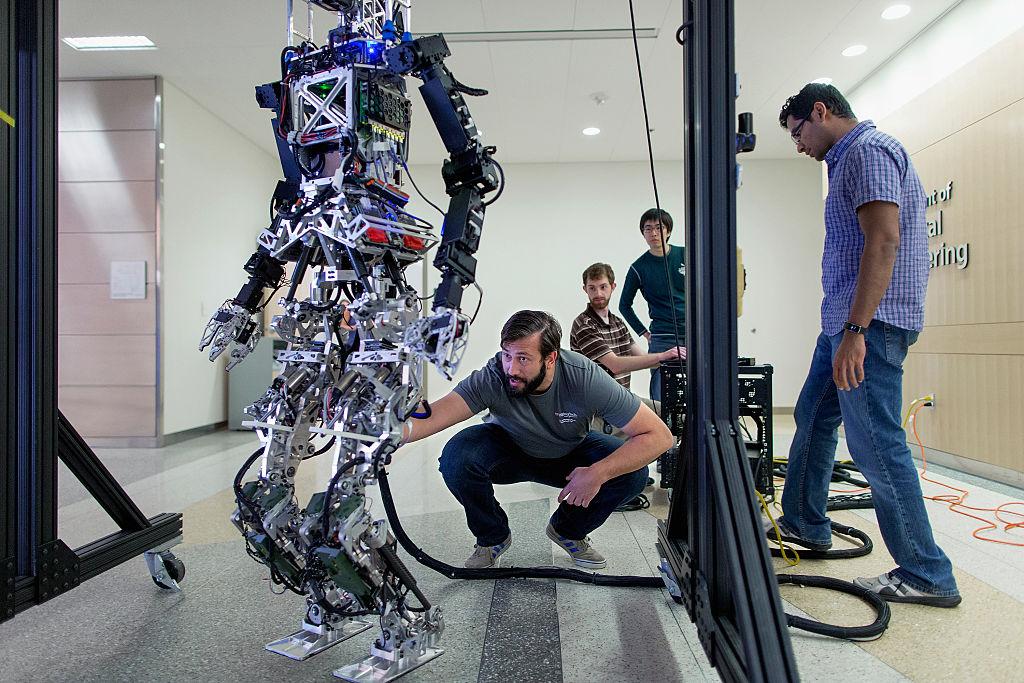Five federal officials admitted at a hearing on Nov. 19 that they have a problem that had been missed for years, and even now, they aren’t confident they know just how large it really is.
The hearing followed a Senate subcommittee report released Nov. 18 showing that thousands of U.S.-based scientists and other experts have been paid by China to hand over research and development, boosting Beijing’s economic and military strength to the detriment of the United States.





